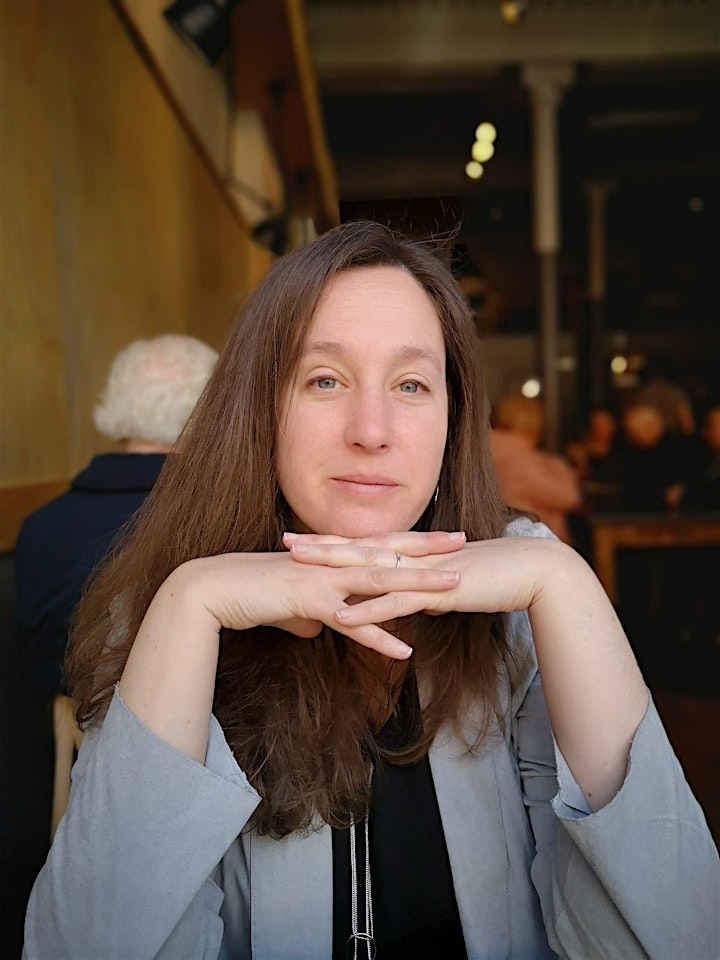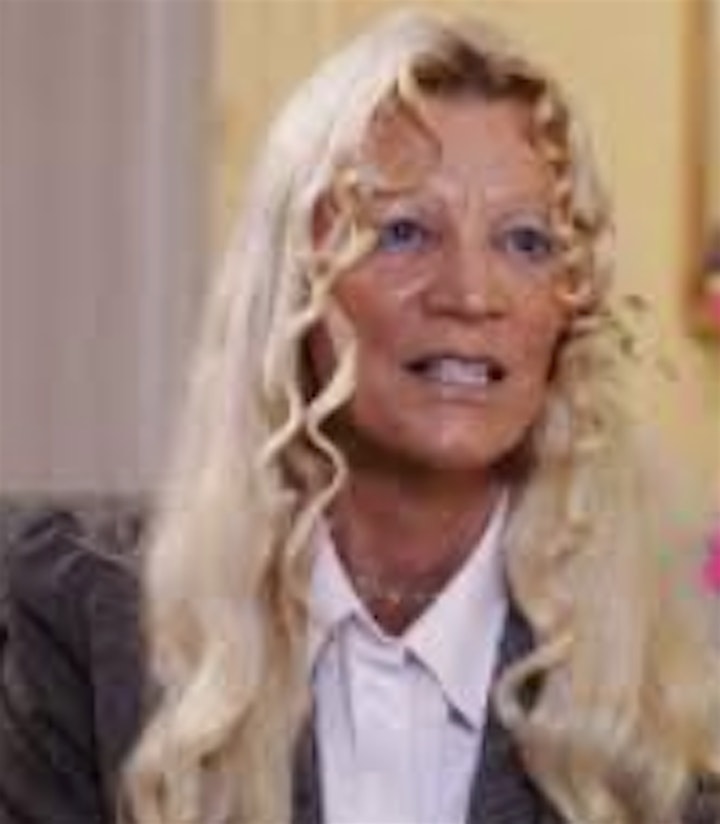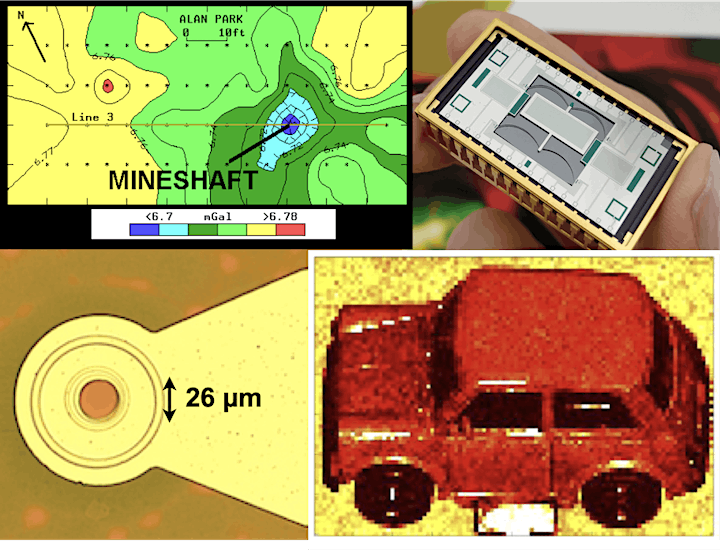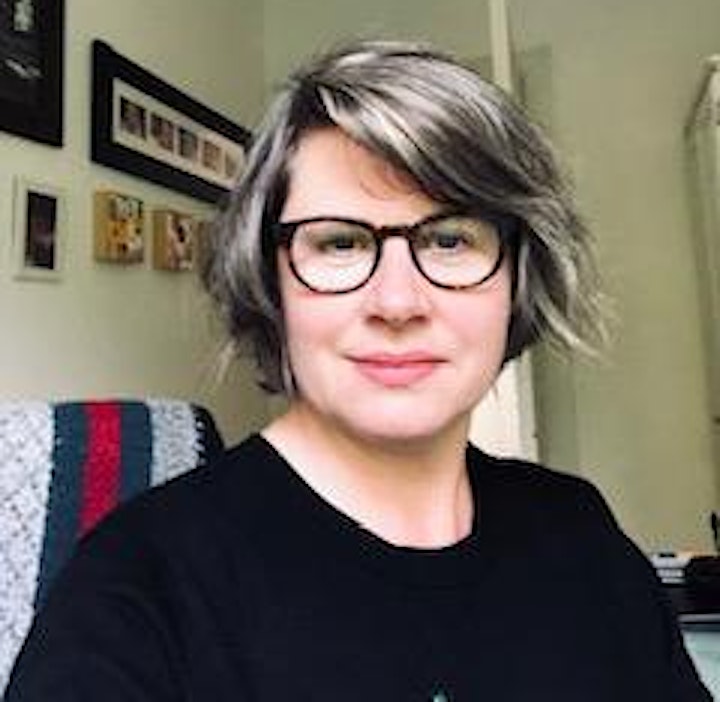Lockdown Live Lounge
The College of Science and Engineering is delighted to present the Lockdown Live Lounge: Science Seminar Series! A series of science talks covering everything from Space rocks to modelling COVID-19 featuring staff members from across the college. These events will be held every Wednesday 4-5 pm throughout semester 1. This is a great chance to see all the awesome research your lecturers and advisors are up to in the College and challenge them with questions.
We are also aware that every one of you are still very much in unique situations. Given this we want to ensure that this opportunity is open and accessible to all. Therefore, although these talks will be delivered live and can be watched in person, they will also be streamed remotely so you can settle down and share a pizza with your household while you hear about our exciting work.
Future events
Below you can find all the exciting opportunities we have in store for you over the next 2 months.
18th November 2020 - Dr Ana Lucona - Is it knotted? A mathematician answers
25th November 2020 - Dr Jessica Enright
2nd December 2020 - Dr Douglas Morrison
9th December 2020 - Prof Martin Hendry - Listening to Einstein’s Universe: the Dawn of Gravitational Wave Astronomy
Past events
You missed one of the Lockdown Live Lounge sessions? No problem, you can find the recordings below.
11th November 2020 - Dr Iain Hannah - New views of the Sun’s hot atmosphere
https://echo360.org.uk/media/057edc13-a768-4dd1-97cb-ef4cddabce5b/public
Occasionally the moon is perfectly aligned to block out the bright light coming for the Sun, revealing the faint outer solar atmosphere, called the corona. Analysis of this light shows a puzzling feature - that as you move away from the hot surface of the Sun at temperatures of thousands of degrees, the faint corona is even hotter at millions of degrees. This "coronal heating problem" has been a major topic of solar physics research for many decades as it reveals fundamental processes that are consistently releasing energy and heating the Sun’s atmosphere. I will present a brief history of the problem and some of the modern solutions, using the latest images and movies from NASA and ESA’s space-based telescopes.
Bio:
Dr. Iain Hannah is a Royal Society University Research Fellow and Lecturer in the Astronomy & Astrophysics group at the University of Glasgow. His research is focused on the Sun’s atmosphere and how it changes rapidly during solar flares, especially the contribution the smallest and most frequent flares make to heating the solar atmosphere. His work uses a range of solar observations (in particular, using NASA’s RHESSI and NuSTAR X-ray telescopes) combined with numerical simulations and modelling. He did his undergraduate and PhD at the University of Glasgow and his first post-doc was at the University of California, Berkeley.

4th November 2020 - Prof Jamie Toney - 'Using molecular fossils to decipher past environmental and climate signals'
https://echo360.org.uk/media/f124f0ec-191e-4c96-86d7-85de7373688e/public
Abstract: The reconstruction of past temperature is critical for understanding past climate change and thus improving predictions of future change in both atmospheric and aquatic environments. The structure and isotopic signature of molecules that living organisms leave behind can hold clues to the unlocking crucial information about climate change. unsaturation index of alkenones, which were discovered in marine sediments about 40 years ago, has frequently been used
Over the past decade, Prof. Jaime Toney and her research group have studied molecular fossils preserved in lakes in the U.S., Canada, China, Japan and Spain and have elucidated many mysteries of molecular fossils and the organisms that produce them. Come learn more about what molecules can tell us about the past and future climates, as well as, new efforts Prof. Toney is taking to help the University of Glasgow community become more environmentally sustainable.
Biography: Originally from a coastal town in Connecticut, US, I love being outdoors & near the water, whether it is a lake, stream or the ocean!! I did my undergraduate work in geology and biology at Union College in upstate NY studying pollen records from lakes. I continued with this work in the desert southwest at Northern Arizona University, before becoming interested in biomarkers during my Ph.D. in the Geosciences Department at Brown University, Rhode Island. My research focuses on using the molecular fossils that are left behind by microorganisms to unravel past climate change. I am equally interested in developing new proxies and applying existing proxies to paleoclimate problems.

28th October 2020 - Dr. Margaret Ritchie - ‘Engineering STEM-Innovation and Opportunities at Glasgow University’
How do we ‘engineer’ success and innovation that provide opportunities for all?
How does connecting the worlds of Academia, Industry and Education create a global opportunity for the University of Glasgow and its students and help prepare both for the future?
At present there is a unique opportunity available to students at Glasgow University.
This exciting presentation will describe opportunities for students at Glasgow University. It will provide an overview of how to create programmes with a national and international impact while developing skills and raising the profile of students on an international stage. Every student can participate in this fabulous opportunity. The focus of the presentation will be the 2020 STEM Academy, hosted at the University of Glasgow. It will describe the background, creation, reach and success of the STEM Academy nationally and internationally as well as plans for development of the programme.
Students will experience a unique opportunity to find out more about innovative approaches that can be developed for a global platform and how they can be involved. It will provide an example of how to think and plan strategically and implement programmes and ideas successfully.
Biography:
An exceptionally highly qualified, award winning Education Specialist with an impressive breadth of experience and track record of combining success in Academia, Education, Industry and Public Engagement with acting as an interface for a range of education linked initiatives. Passionate about Science and working with people allied to an inherent intuitiveness for understanding and engaging with young people to inspire and excite the opportunities that STEM offers as a career choice. An accomplished conference presenter, writer, researcher and lecturer with a natural expertise in co-ordinating links between Universities, Industry, Schools, Colleges, Government, Professional Groups, Local Authorities, and the Public that promotes STEM and supports students, educators and communities.

You missed it? No problem, you can find the recording here: https://echo360.org.uk/media/d0e722ab-41fc-4bfb-93af-e6634c9936f3/public
21st October 2020 - Dr Jesko Koehnke - ‘Fighting Superbugs’
Fighting Superbugs - Chemical Warfare on a Microscopic Scale by Dr Jesko Koehnke
You missed it? No problem, you can find the recording here: https://echo360.org.uk/media/72e16691-9218-4216-b897-54af268bb18d/public
Synopsis
Humans, and in fact most living things, have been relying on other organisms to produce molecules they require to survive for as long as life has existed on this planet. We, as a species, have found ways to isolate these immensely valuable molecules and adjust them to our needs. In fact, about 2/3rds of all FDA approved drugs are natural products or their derivatives. In the case of antibiotics, which have been an absolute essential of modern medicine, that percentage is even higher. Join me to see what is done to find new antibiotics and why bacteria are an essential part of that. We will look at our arms race against superbugs, why they are of our own making, and how we can outsmart them.
Biography:
Jesko Koehnke has always been fascinated by how living things perform chemistry, so studied biochemistry in Hannover, Germany. Afterwards he wanted to see what it is like to live on little money in a very expensive city, so he moved to New York City for a PhD in Biochemistry and molecular biophysics. After spending a few years investigating how neurons form connections, he moved to St Andrews for PostDoc with James Naismith. During that time, he used biochemistry and structural biology to understand how enzymes, which make complex chemicals, work. That continued during his independent career, first at the Helmholtz Institute for Pharmaceutical Research Saarland, Germany, and now at Glasgow where he is a Reader in the School of Chemistry. The questions that drive us are how bacteria perform complex chemical reactions, and how we can use those tools to look for new medicines.
14th October 2020 - Prof Douglas Paul - ‘Quantum Enhanced Imaging’
Quantum Enhanced Imaging: LiDAR and Gravity Imaging using Microfabricated Devices
You missed it? No problem, you can find the recording here:
https://echo360.org.uk/media/7198d922-19bd-4312-9c5b-3d42d709404b/public
Abstract:
Imaging using different modalities is an essential technology for many different applications from mining and healthcare to navigation and environmental monitoring. I will describe work being undertaken at Glasgow funded by the UK Quantum Technology Programme on Light Detection And Ranging (LiDAR) at short wave infrared wavelengths using single photon detectors and gravitation imaging using MEMS gravimeters. The LiDAR work has the aim of developing cheap and practical 3D imaging cameras which can be deployed as driver aids on vehicles with the specific aim of imaging through fog, rain, snow and dust. I will explain how the atmospheric transparency changes as a function of wavelength and also how different imaging and quantum approaches can be used to improve the signal to noise whilst imaging and rangefinding through an atmosphere that significantly scatters photons of light. Work at Glasgow has produced the first MEMS gravimeters which have the potential to enable arrays of gravimeters to be deployed for commercial applications for the first time. Glasgow is a partner in an EC project NEWTON-g with the aim to deploy an array of MEMS gravimeters combined with a quantum gravimeter on the top of Mount Etna to image dynamically the movement of magma inside the volcano. I will also describe a wide range of applications for gravimeters in the oil and gas sector, across security and civil engineering applications where the new MEMS technology has the potential to open new applications.
Biography:
Douglas Paul has been Professor of Semiconductor Devices in Engineering at the University of Glasgow since 2007. He holds an MA degree in Physics and Theoretical Physics and a PhD from the Cavendish Laboratory, University of Cambridge.
He presently holds a Royal Academy of Engineering Research Chair in Emerging Technologies and a Dstl Visiting Fellowship. He previously held an EPSRC Quantum Technology Fellowship awarded to provide leadership for the UK Quantum Technology Programme and an EPSRC Advanced Research Fellowship at the University of Cambridge. He was the first Director of the James Watt Nanofabrication Centre at Glasgow.
He is a Fellow of the Royal Society of Edinburgh, Fellow of the Institute of Physics, a chartered physicist, a chartered engineer and a Senior Member of the IEEE. He was the recipient of the Institute of Physics President's Medal in 2014.
His research interests include silicon nanowires, quantum technologies (MEMS gravimeters, micro cold atom systems, Ge on Si single photon avalanche detectors), integrated mid-infrared sensors and SiGe THz quantum cascade lasers. He has been principle investigator on over £42M of collaborative grants which included 10 Innovate UK grants with UK industry over the past 3 years and has multiple research contracts from industry.
Prof Paul presently sits on a number of government department committees including the MOD Defence Scientific Expert Committee, Cabinet Office High Impact Threats Group, SAGE and he previously sat on the Home Office CBRN Scientific Advisory Committee. He was the U.K. representative to the NATO CBP Science Panel.

7th October 2020 - Dr Heather Cleland Woods - ‘It’s that phone’s fault - is a handheld device causing the downfall of a generation?’
In this talk, Dr Heather Cleland Woods will outline current research on social media use - what we actually know and what we think we know.
You missed it? No problems, you can find the recording here:
https://echo360.org.uk/media/179659e2-802d-4860-a966-8462fc4ae1aa/public
Abstract:
It’s that phone’s fault - is a handheld device causing the downfall of a generation?
With media reports on how damaging social media can be it is vital that we challenge our pre-conceptions and understand the evidence rather than the headlines. Dr Cleland Woods will also discuss how this is relevant to us as social beings, families and friends.
Speaker Bio:
Dr Heather Cleland Woods is a Senior Lecturer in the School of Psychology at the University of Glasgow. She runs the #sleepyteens project which seeks to understand how young people use social media and it’s impact on social connectedness and health. She has contributed to UK government reports on screen time and health in young people and is published in highly regarded academic and non-academic publications such as the BMJ and The Conversation. You can follow her on Twitter @clelandwoods.

30th September 2020 - Dr Luke Daly - Where do Space rocks come from?
The First seminar of the series saw Dr Luke Daly giving a talk about ‘Where do Space Rocks come from?’. You don’t need be an astronomer or geographer to enjoy this talk, or learn cool facts about space rocks to wow your friends.
You missed it? No problems, find the recording here:
https://echo360.org.uk/media/119fa9da-bf0c-4e2e-97d3-431c1b471555/public
Summary:
There are over 60,000 meteorites in world wide collections but only know where a handful came from in the Solar System. Come find out how camera networks like the UK Fireball Network operated by researchers at the University of Glasgow is working to recover meteorites with orbits and how you can help us recover the first meteorite fall on UK soil for 30 years.
Biography:
Dr Luke Daly is a Lecturer in Planetary Geoscience in the School of Geographical and Earth Sciences, he studies space rocks to understand where Earth got its water from. He is a participating scientist on the Japanese Space agencies Hayabusa2 mission to return samples from the asteroid Ryugu and co-leads the operation of the UK Fireball Network to find meteorites in the UK and try to find out where they come from.

